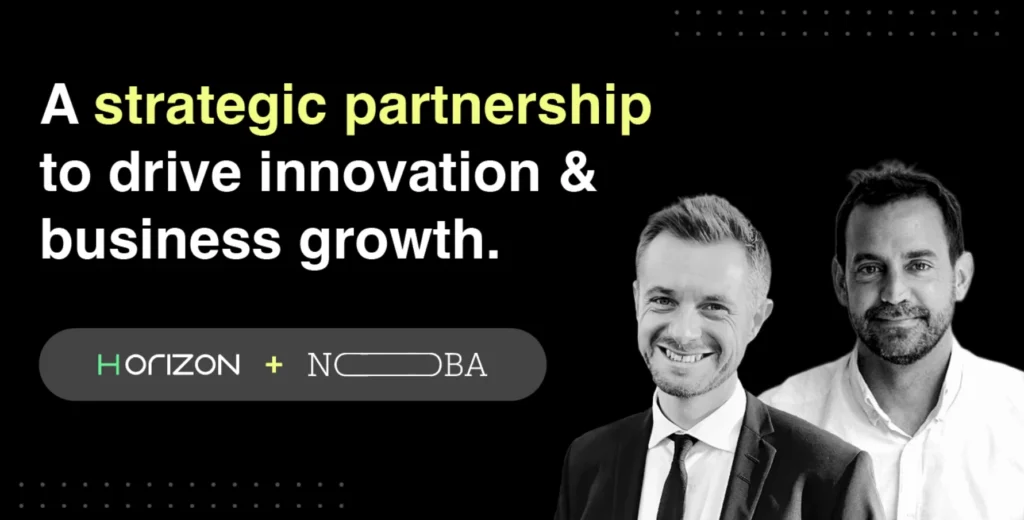Lucky for us, General Beppo Schmid was very similar to the average corporate employee. As Commander of the intelligence arm of the Luftwaffe, Nazi Germany’s air force, Schmid’s job description was to keep the army informed. His actual responsibility, however, was to keep his bosses happy. This would cost the Nazis the Battle of Britain.
In the summer of 1940, Hitler decided to launch an offensive on the only standing rival, Great Britain. By all accounts, Operation Seal Lion, the code name for the attack, should have been a breeze. While the British controlled the seas, the navy could be attacked from the air. Controlling the skies meant having an upper hand, and the Germans controlled the skies. Or so they thought.
A brief encounter during the battle of Dunkirk a few months earlier had taught the Luftwaffe a valuable lesson. The British Royal Airforce’s (RAF) Supermarine Spitfires, while marginally inferior aircraft, were capable of posing a threat to the Messerschmitt Bf 109 fighter planes. Intent on keeping his boss content, General Beppo Schmid insisted on filtering this information. He continually fed false figures to his superiors, willingly covering up their failures.
With a distorted view of the situation, Hitler decided to double down on the offensive. It would cost his army roughly three quarters of the over 2600 aircraft sent over the channel. Despite great losses for the RAF, the British isles were spared the invasion. Schmid’s lies had cost the Nazis their first defeat.
This type of misreporting is commonplace in many companies. Employees are terrified of letting their bosses know about failures. That is a dangerous prospect, especially in new businesses, where agility wins the game.
Agility means being quick. It is not an excuse for being sloppy, but there are many mishaps that are hard to foresee. Doing something for the first time means doing it less than perfect. In early businesses, the outcome might be chaotic and less than desirable.
The question is: who cares? In general, early adopters drawn to innovative ideas can be very forgiving. They will accept glitchy technology and less than perfect services. They understand innovation is rough around the edges. They are willing to be patient.
Employees expect no such breathing room from their corporate bosses. There is the weight of a reputation to uphold. There are internal politics, waiting to deal a blow when mistakes are made. There is the fear that the employee will seem incapable. Ironically, a trivial mistake in servicing a customer matters much more to the boss than the customers themselves.
What can be done about it? For starters, it is easy to proclaim that mistakes are allowed. It is far harder to not react negatively when they do happen. One good starting point is changing the initial emotion. Brainstore, the Swiss based international network of innovators, recommends keeping champagne in the fridge. When failures do happen, the immediate response should be to pour out a few glasses and turn to a festive mood before the blame game takes over.
Mistakes can be far more forgiving if they are in a controlled environment. Well established brands have a reputation to lose, so it is best to stay out of the picture for as long as possible. When launching a new business it helps to do it under a “burner brand” that will change name if and only if the venture is successful.
Lastly, it is to remember one thing. Mistakes are forgivable, but they are not to be forgotten. The attitude should be to reinforce learning and implementing improvements. If there needs to be any finger pointing, it should be to not learning, rather than to making mistakes.
The alternative is fear that halts progress. If making mistakes is costly to the employee, he or she will spend more time making sure they are launching something perfect. Building something perfect that nobody wants is, of course, costlier for the company in the long run.
The wrong conclusion would be to put the blame on the Beppo Schmids of the world for not telling the truth. For all their faults, they are fitting in to the system that they’ve been hired for. The true responsibility lies on top brass. They create the culture of fear that distills paralyzing fear to the very bottom. Fortunately for us, Shchmid’s bosses belonged to this category.







